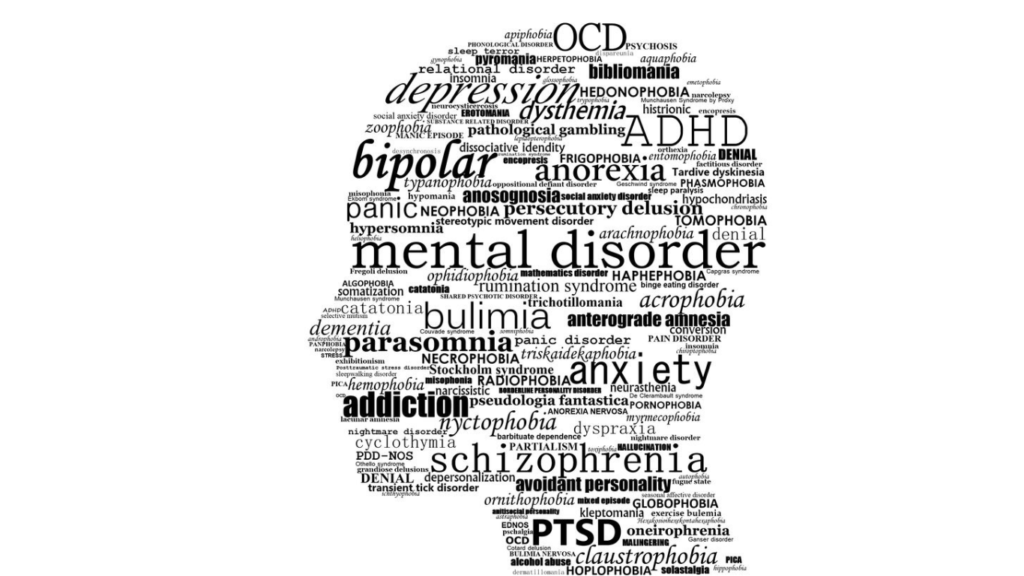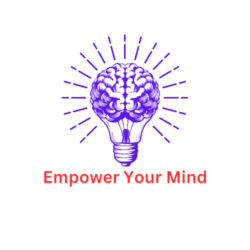Empowering Children’s Growth Through Understanding and Support
Neurodevelopmental disorders are conditions that affect a child’s brain development, resulting in challenges with thinking, behavior, and motor skills. These issues typically emerge early in life, often before school age, and can significantly impact a child’s personal, social, and academic growth. Therefore, providing the right support for children with neurodevelopmental disorders is crucial to help them navigate these difficulties.
Autism Spectrum Disorder (ASD) is one of the most recognized neurodevelopmental disorders. Children with ASD often experience difficulties in social interaction, exhibit repetitive behaviors, and develop very specific interests. As a result, they may struggle to understand social cues, engage in typical play, or adapt to changes in routine. However, with proper support for children with neurodevelopmental disorders like ASD, therapies can greatly improve their communication and social skills.
Similarly, Attention-Deficit/Hyperactivity Disorder (ADHD) is another common condition. Children with ADHD usually have trouble maintaining focus, controlling impulses, and managing hyperactive behaviors. Consequently, these symptoms can hinder their school performance and their ability to form relationships with peers. Nevertheless, with targeted support for children with neurodevelopmental disorders such as ADHD, kids can learn valuable strategies to improve focus and manage their energy more effectively.
In addition to ASD and ADHD, learning disorders such as dyslexia (difficulty with reading), dyscalculia (difficulty with math), and dysgraphia (difficulty with writing) are also classified as neurodevelopmental disorders. These conditions can pose significant obstacles in traditional educational settings. However, with specialized teaching methods and tools, the right support for children with neurodevelopmental disorders can empower them to overcome these challenges and achieve success in school.

Understanding and supporting individuals with Autism Spectrum Disorder to enhance communication, social skills, and independence
Involves limitations in intellectual functioning (reasoning, learning, problem-solving) and adaptive behaviors, which covers a range of everyday social and practical skills
Attention-Deficit/Hyperactivity Disorder (ADHD)
Characterized by persistent patterns of inattention, hyperactivity, and impulsiveness that interfere with functioning or development.
Children’s Neuropsychology and Learning Disabilities
Understanding and supporting children’s cognitive, emotional, and learning challenges
Neuropsychological Assessment and Testing
Comprehensive evaluation of cognitive functions and mental health through neuropsychological assessment and standardized testing tools
Neuroplasticity and Brain Training
Enhancing brain adaptability through targeted exercises to improve cognitive function and mental resilience
